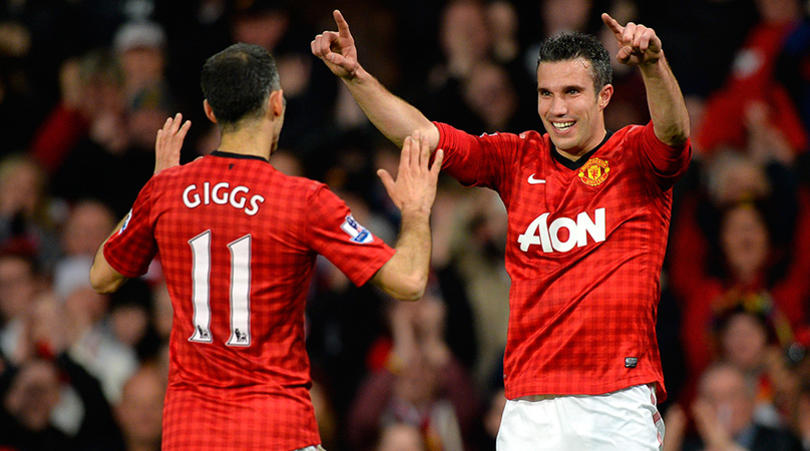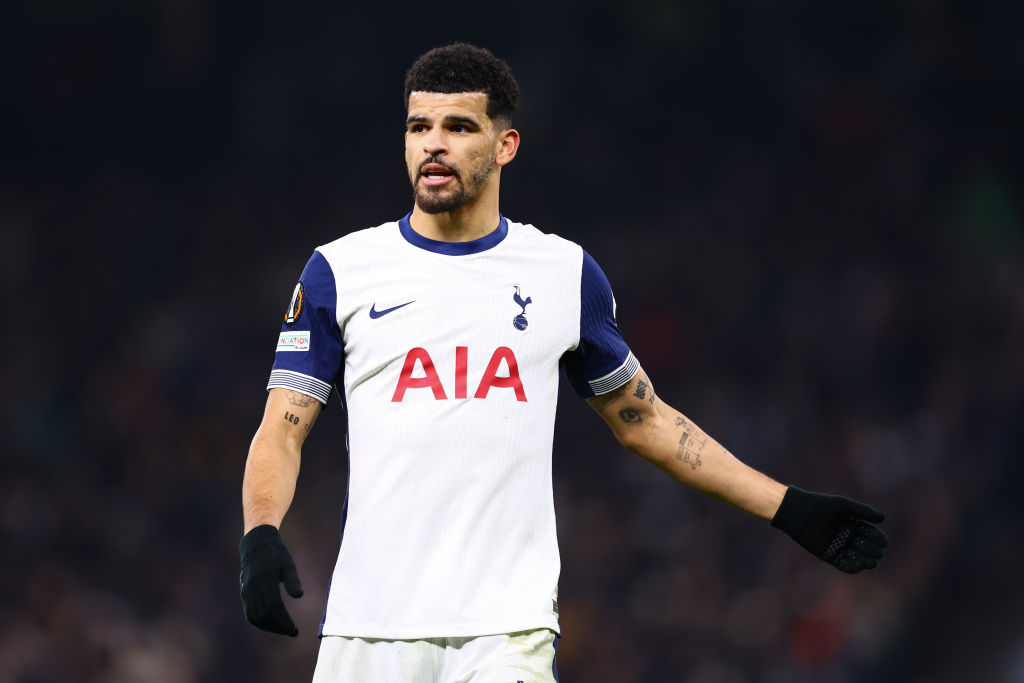Jose Mourinho and Old Trafford should be a perfect match – so why are Manchester United horrible at home?
History tells us this should make for a winning combination, but results tell a very different story. Alex Hess explores the issues
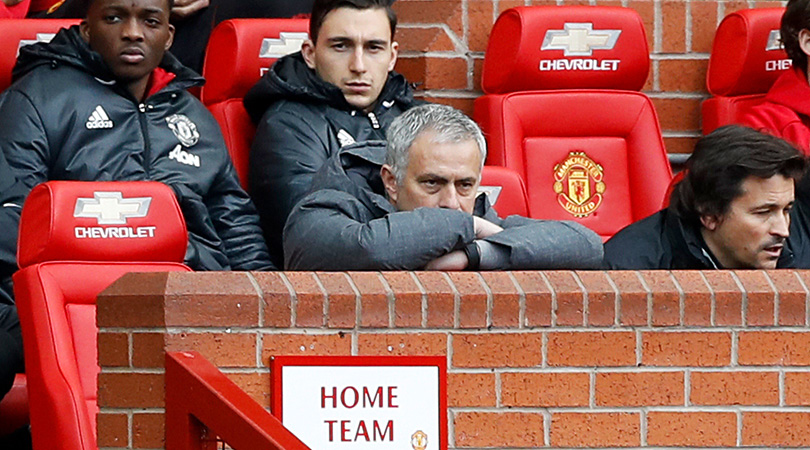
Aura is a funny thing: for something that doesn’t physically exist, it can be a pretty powerful force. In recent years, Manchester United have effectively been a case study in the concept. It’s been most obvious in relation to people, either as something they clearly have (Alex Ferguson, Zlatan Ibrahimovic) or desperately lack (David Moyes, Marouane Fellaini). But it applies to places, too.
In the three seasons that followed Alex Ferguson’s departure, United lost as many league games at Old Trafford as they had in the previous eight. It was the club’s decline writ large: a ground that was for so long a fortress had transformed, overnight, into a bouncy castle. Or to put it another way, Old Trafford’s aura had evaporated entirely.
There’s a whole chicken-and-egg argument to be had here, of course. Was this rancid home form a symptom of a club in freefall, or a cause? But what was not up for debate was that United, if they were to reclaim that perch of theirs, would need to restore Old Trafford to being a place that imbued visitors with terror, awe and often outright defeatism.
A ground that was for so long a fortress had transformed, overnight, into a bouncy castle
Perfect match?
It all made a good deal of sense, then, when the club appointed Jose Mourinho last summer. Questions may have lingered about his capacity to excite the fans or blood the kids, but no one held any serious doubts about whether United would remember how to defend their turf. After all, this was a coach who once went nine years – across 151 games and four clubs – without losing a league game at home, a staggering achievement whichever way you look at it.
You could be forgiven for thinking it was all going to plan. A quick glance at United’s record this term shows that their early derby defeat remains the only time Old Trafford has witnessed a home defeat in any competition this season. Mourinho’s men are on course for the best campaign in that regard since Ferguson’s penultimate title-winning side, six years ago.
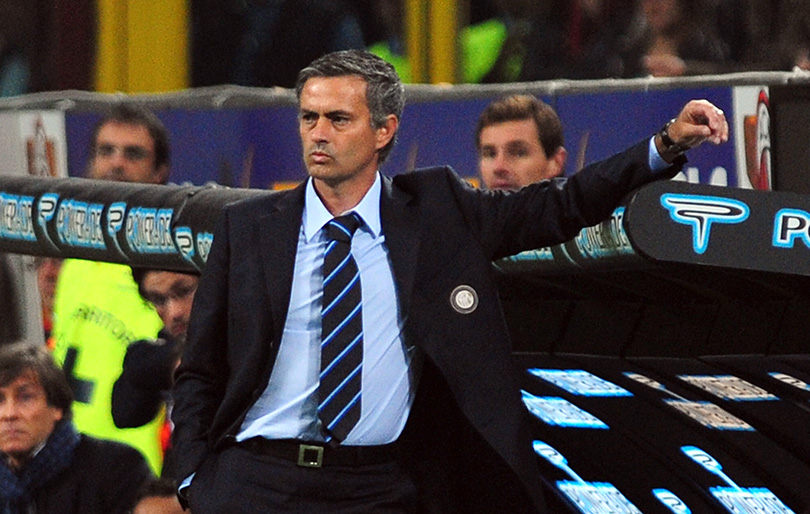
But all is not going to plan. Not by a long shot.
Get FourFourTwo Newsletter
The best features, fun and footballing quizzes, straight to your inbox every week.
Old Trafford might be a tougher prospect for opponents since the desperate days of David Moyes, yet Mourinho’s most common result at home has not been a win, but a draw. In fact, a slender majority of this season’s league fixtures at Old Trafford – eight of 15 – have ended in stalemate, with United’s home record only the 10th best in the division. With a quarter of the season still to play, Mourinho has already dropped as many points at home as Ferguson did in his final two seasons put together.
There is a recurring pattern beyond the results themselves: United have the ball but not the impetus, they attack but don’t threaten
There are a number of caveats here, not least the fact that process demands patience. With the post-Ferguson era having, remarkably, seen United lose just over one in five home league games, Mourinho has been tasked with the footballing equivalent of turning around an oil tanker. Slashing that loss ratio back down to something approaching nil, as he has done, is a decent start.
Blame game
But this season’s sequence of drab draws has taken in too big a sample size to be seen as some sort of anomalous quirk. There is a recurring pattern beyond the results themselves: United have the ball but not the impetus, they attack but don’t threaten. Saturday’s meeting with West Brom was a case in point. Mourinho may have claimed it was a one-sided contest but in reality the visitors set out to defend and frustrate, and their task was made jarringly easy by their hosts’ disjointed attack. The scoreline, despite Mourinho’s protestations, was both fair and reflective.
Mourinho chose to point the finger at his own charges on Saturday, making the point that his attackers were failing to take the chances that his system was throwing up in abundance: “It’s every day [they miss]. So I keep doing what I’m doing during the season. I give chances. I try. Play again. Come on. Keep going … There is nothing else we can do.”
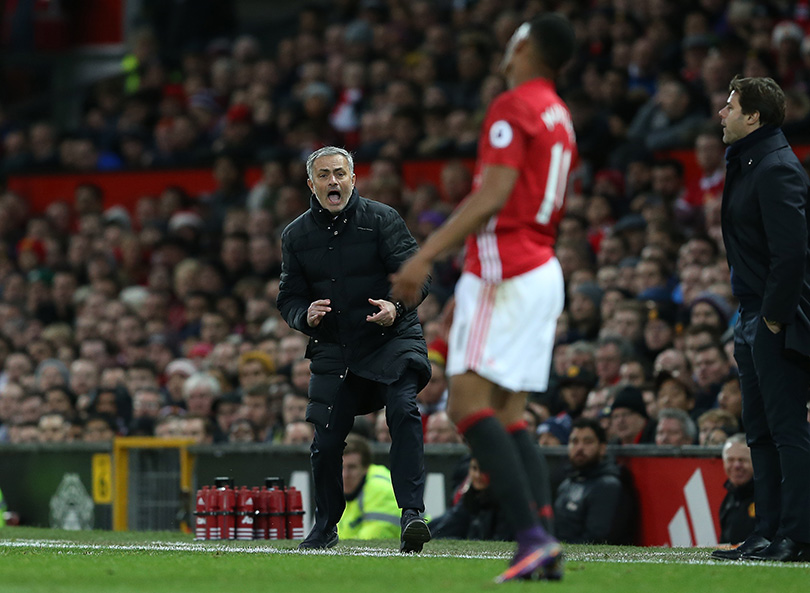
A fair enough point, until you look at the players in question – Anthony Martial, Marcus Rashford, Henrikh Mkhitaryan – and conclude that the problem at hand is not talent, but confidence. Such things fall squarely within the remit of the manager, and that trio are not the first flair players to have been drained desperately of self-belief under Mourinho’s supervision.
A tangential issue, perhaps, when it comes to United’s wavering home form. Or perhaps not – after all, Old Trafford’s fearsome status throughout the Ferguson era was tightly bound up in notions of style, relentlessness and self-confidence. The phenomenon of the ‘Fergie-time’ win didn’t spring from nowhere. Ferguson’s sides rarely lacked for attacking conviction at home, and especially not when the scoreline was against them.
Excite me. Try a pass over 40 metres. Try a dribble. I don’t care if it goes wrong. I want to sit on the edge of my chair
After a while, the club’s penchant for late winners became a self-fulfilling prophecy: both sets of players expected the goal to come, the fans generated a suitably ominous soundtrack, and eventually everyone’s expectations were borne out on the pitch.
Perhaps that, more than any pathological fear of failure, comprised Ferguson’s fabled ‘winning mentality’: instilling his players with the knowledge that victory was a mere inevitability, so long as they did what they were capable of. Crucially, it was a mantra that applied doubly to his attackers.
Here’s Robin van Persie on the man who brought him to Old Trafford: “He’d say, ‘Excite me. Try a pass over 40 metres. Try a dribble. I don’t care if it goes wrong. I want to sit on the edge of my chair. Please excite me. And make the game quicker, please!’”
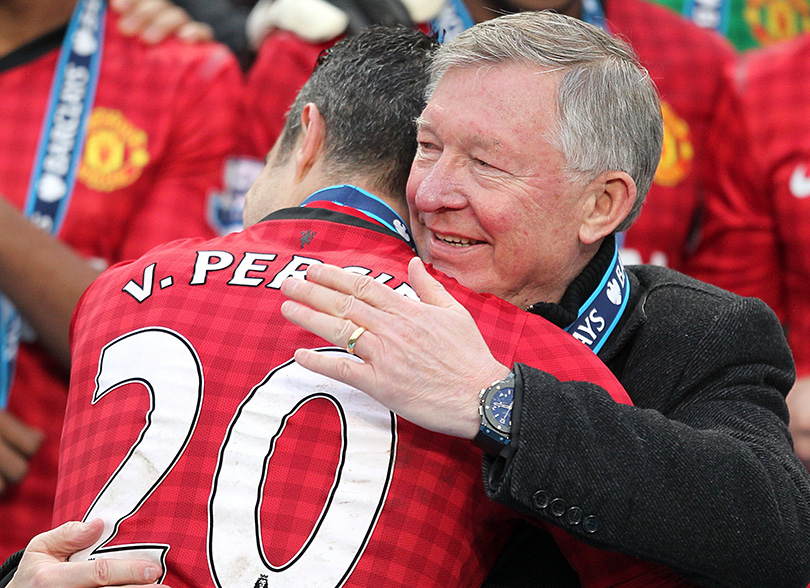
Find the fear
Going by recent showings, it’s fair to assume that United’s current crop of forwards receive no such gushing encouragement from the man in charge. Which is fine in itself – Mourinho’s track record of straitjacketing flair players is bettered only by his track record of hoovering up trophies – but less fine, perhaps, when it comes to reinstating Old Trafford’s fear factor, which has always been contingent on the prospect of jinking attackers running riot.
As it is, the most expensively assembled squad in football history has been outscored at home this season by Burnley, Swansea and Hull.
The term “pragmatist” is often used in relation to Mourinho and his tactics. Generally, it’s simply polite shorthand for his willingness to employ the sort of ultra-defensive setup that tends to offend big clubs.
In this instance, though, pragmatism demands the opposite: that he loosens the shackles entirely, that he casts his men not as underdogs but as inevitable victors. Because at the moment it’s not just United’s stadium that’s lacking in aura – it’s their manager, too.
